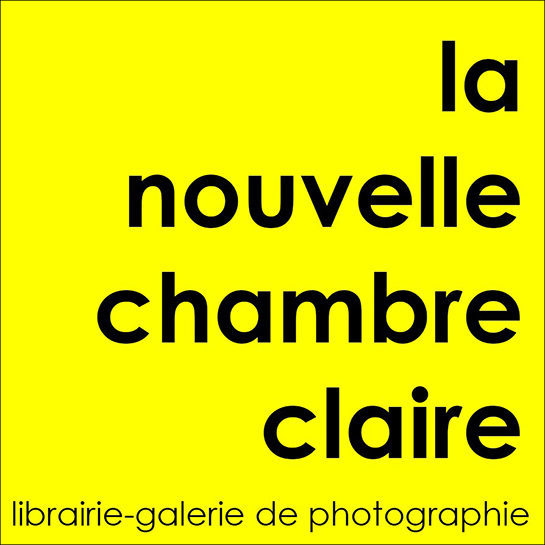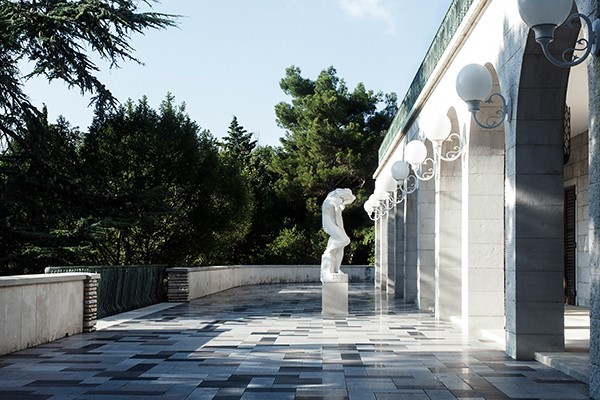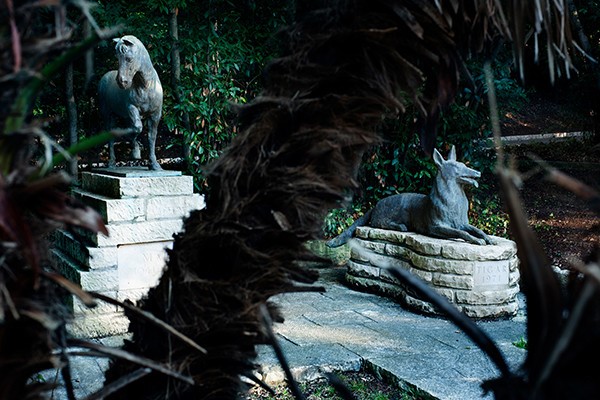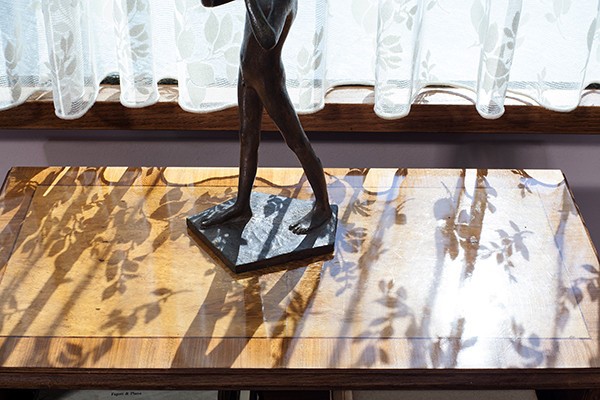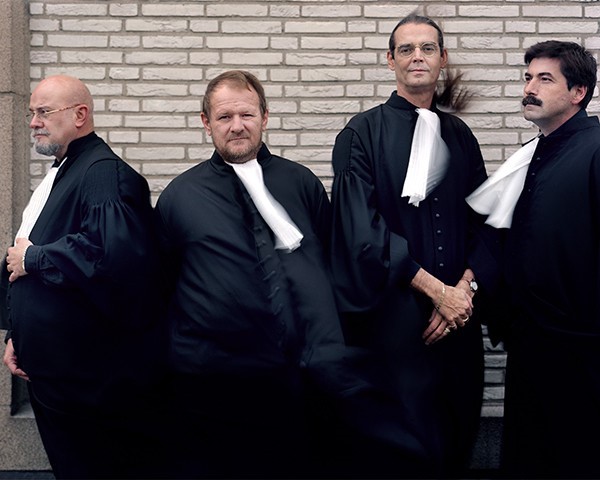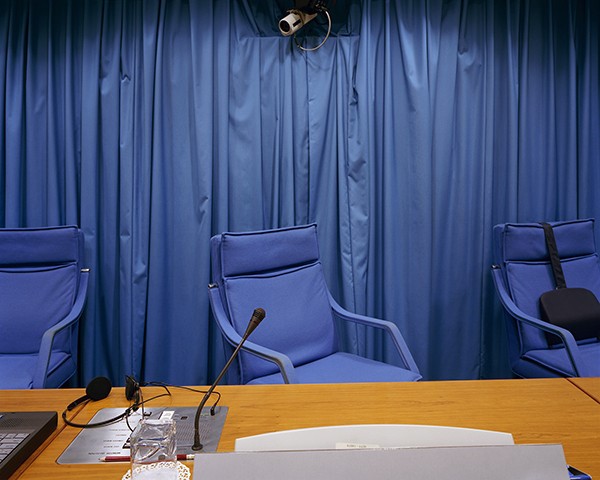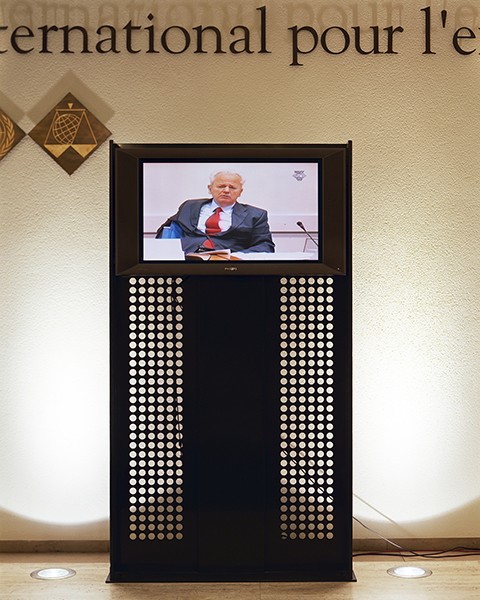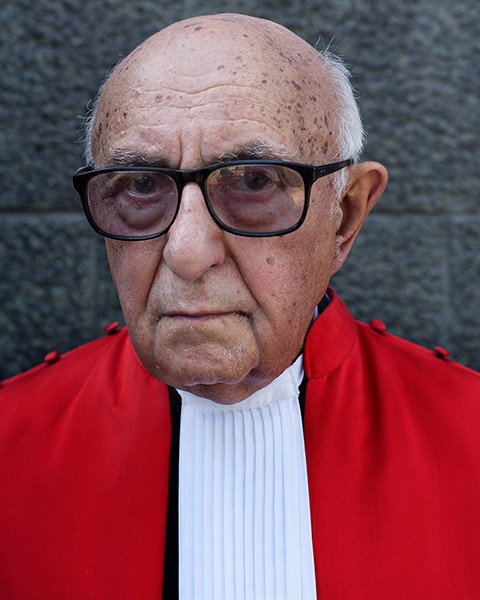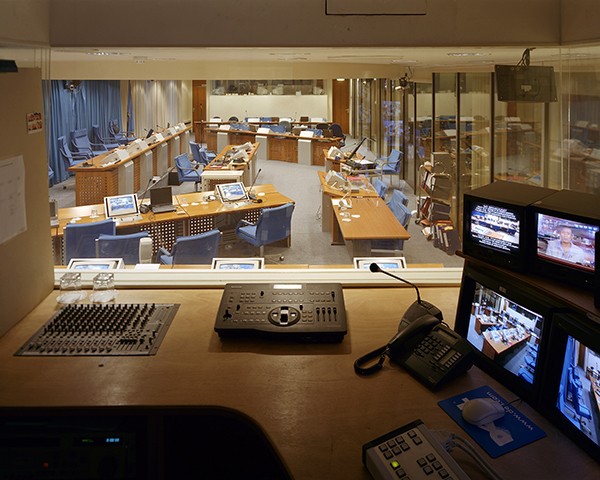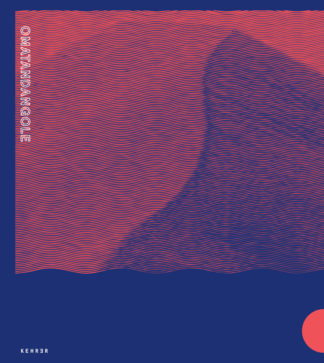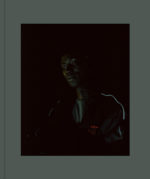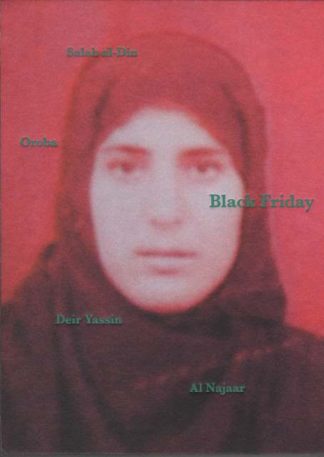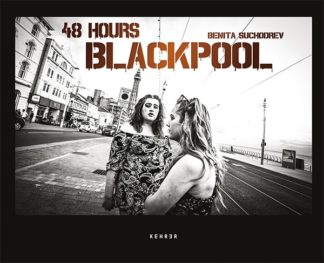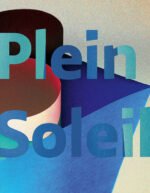À partir des années 1950, Tito passe ses étés à Brijuni, un petit archipel de la côte ouest de l’Istrie croate. Cette ancienne résidence d’été incarne le début et la fin du rêve yougoslave, auquel Tito croyait fermement. Ses logements privés, toujours en bon état au quotidien, sont strictement interdits au public. Ce livre montre également des images du Tribunal pénal international pour l’ex-Yougoslavie. La Cour des Nations unies s’est penchée sur les crimes de guerre commis pendant la guerre civile de 1991 à 2000. Entre 2001 et 2017, le photographe néerlandais Friso Keuris a photographié le personnel et l’intérieur du Tribunal. En 2016, il était libre de photographier le monde idyllique et utopique de Brijuni.
From the 1950’s onwards, Tito spent his summers at Brijuni, a small archipelago along the west coast of the Istrian region of Croatia. This former summer residence embodies the beginning and the end of the Yugoslavian dream, in which Tito firmly believed. His private dwellings, which are still kept in order on a daily basis, are strictly forbidden to the public. This book also shows images of the International Criminal Tribunal for the former Yugoslavia. The UN court dealt with the war crimes com- mitted during the civil war from 1991 to 2000. Between 2001 and 2017, Dutch photographer Friso Keuris pictured the personnel and the interior of the Tribunal. In 2016, he was free to photograph the idyllic, utopian world of Brijuni.
